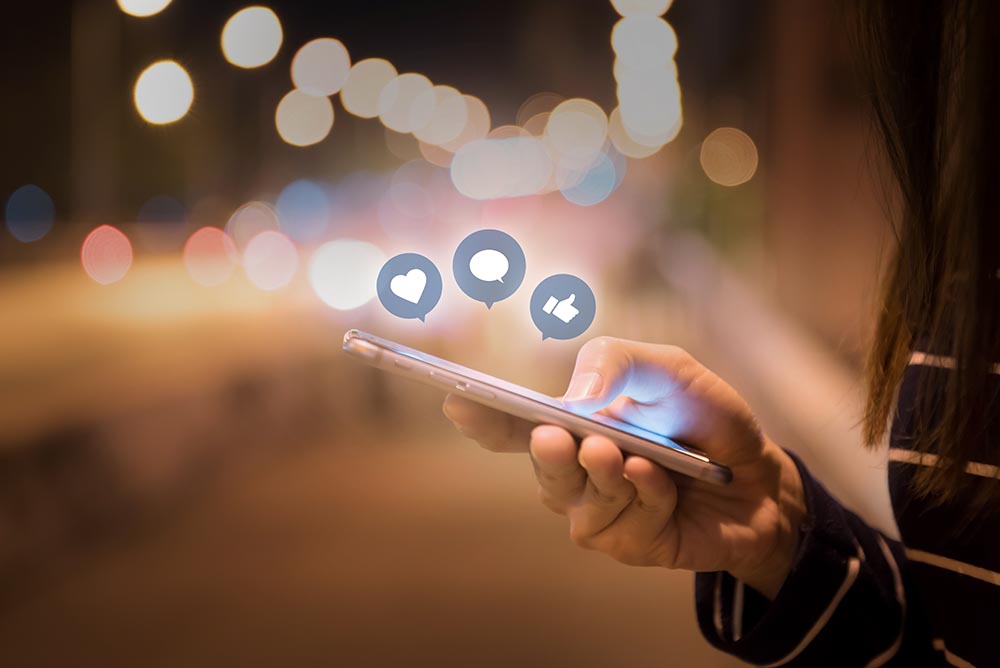It seems that everyone is on Facebook, Twitter, Instagram and other social media platforms throughout their day. Oftentimes, major life events are posted on these social media platforms immediately. Attorneys and their staff on both the defense and plaintiffs’ sides are skilled at discovering evidence on social media platforms. Persons with serious personal injuries who are pursing a claim against the person who caused the wreck can negatively impact their case with seemingly innocent social media posts. Even if you make your social posts, tweets, and pictures private, they may be considered discoverable in a court of law. Additionally, if any one of your friends or followers shares or takes a screenshot of your private photo or post, they can, in turn, send it to anyone or make it public at any time. While most posts or pictures do little to help or hurt your case, there are a myriad of ways that social media can be used against your personal injury claim. If you were injured in an accident, your best course of action is to avoid any topic of your accident until your personal injury case is resolved.
Social Media Posts
You have a right to complete confidentiality with your attorney under the law. However, if you share anything about your personal injury case on social media, the court may find that you have waived confidentiality with your attorney. Using social medial to comment about your case or talk about what you and your attorney have discussed in confidence, may render this information no longer considered confidential. Further, individuals who post photos about the accident, post anything about your medical treatment or recovery, your abilities or disabilities, speculate about the outcome of your personal injury case, or talk about what you may do with your settlement money may also be used in your case. Basically, anything you post or say publicly can be used by the other side against you in your personal injury case.
Steps for Social Media Use
It is often advised that persons with claims or cases pending should immediately stop using all social media during their personal injury case. One picture of you laughing with friends, consuming alcohol or having fun on vacation could be interpreted to mean that you are no longer in pain due to your injury. Do not add any new social media accounts, friends, or start following any new people. Ask all of your friends and family to completely refrain from mentioning you in any comments or posts on social media. Request that they do not take photos of you during the course of your personal injury case. Disable the geolocation capabilities of your smartphone, and visit with your attorney regarding any current social posts that may exist that may mention your case.
Never Delete Anything From Social Media
If you do post something on social media and it is later considered to be a mistake, make sure you never delete this post, picture, or tweet. The law is clear that this can be considered an obstruction of justice or tampering with evidence. Make sure to leave the offending post, and disable the comments immediately so that no one else can write anything about it and continue the conversation.
Contact an Experienced Personal Injury Attorney
Contact our experienced personal injury attorneys at Griggs Injury Law at (816) 474-0202 to help you build a strong personal injury case, and help give you the practical steps you need to ensure that you do not damage your right to compensation through your social media platforms.


